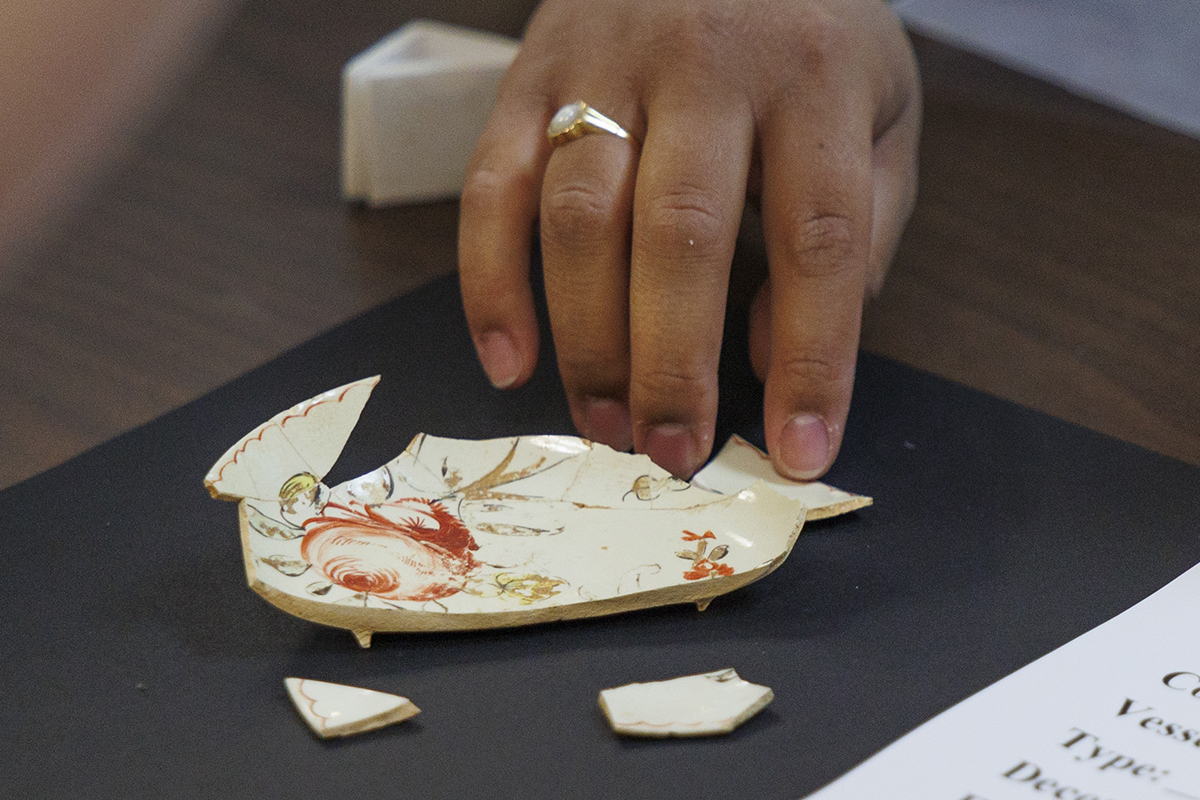


Get a free copy of Parental Rights & Education when you subscribe to our newsletter!

“As Christians, we must be careful not to err by maximizing one of these traits while playing down the other.”
–WILLIAM WOLFE
The paradox of the incarnation is something that, on this side of Heaven, Christians will never be able to fully comprehend. When we do get to glory and see Christ face-to-face, and perhaps then understand it fully (or more fully) — how the eternal God the Son became incarnate as a man — we will marvel even more at the glory and magnitude of it all.
And John 1:14 tells us what happened in this truly mind-bending miracle: “The Word became flesh and made his dwelling among us.”
Yet the how — How did God become man, remaining fully God and being fully man? — is something mere mortal minds can never truly fathom.
It’s important to accept that we can’t fully understand or comprehensively describe the mystery of the incarnation. Nonetheless, we can still learn many things from the record of the life of Jesus Christ, the one in whom “God was pleased to have all his fullness dwell” (Colossians 1:19). One thing we see is that Christ was perfectly humble and yet perfectly bold. This is a combination that we, as Christians (little Christs), can particularly struggle to emulate.
How did Christ display perfect boldness and maintain perfect humility? Here are three examples.
In the narrative accounts of Jesus’s temptations, we see the combination of boldness and humility on full display. After fasting for 40 days and nights, humbly relying on supernatural strength granted by God the Father and the Holy Spirit, Jesus faces down the devil himself.
Despite being hungry, and in a physically weakened state, Jesus didn’t give an inch to our great adversary. Three times Satan tempted Him, and three times He boldly resisted. Even more, in each response we see that Jesus humbly relied on the Word of God to answer Satan, with each of His answers beginning “It is written…” or “It is said…” (Luke 4:4, 8, and 12).
What courage it must have required to duel with the devil. Yet nowhere in the narrative are we told that Jesus was frightened, intimidated, or gave an inch of ground to the evil one. We can safely assume that Jesus was the picture of bravery and boldness as He put Satan in his place. And He did so by using Scripture — not insults or verbal retorts of His own imagination.
The true meaning of the temptation account is to show us that Jesus succeeded where Adam and Israel, and every other human being, failed: He resisted the devil, not falling into sin, and the devil left Him.
Still, in this story, we catch a glimpse of this sublime combination of courage and humility in the person of Christ, one that we can strive to model in our own battles with our sin, the flesh, and the devil. But at the same time, don’t ever be so bold that you think you can play chicken with Satan and win. Only one man could, the God-Man, Jesus Christ, and He did it on our behalf.
Another way we see Christ show perfect boldness and still maintain perfect humility is in His teachings. He had strong words for the false teachers of His day, as seen clearly in Matthew 23:1-36. In this passage, He calls them “hypocrites,” “blind guides,” and “whitewashed tombs” and denounces them as being “full of greed and self-indulgence.” He even goes so far as to call them “children of hell” or “sons of Satan.”
When it came to confronting the sin of the religious and political leaders of His day, Jesus didn’t mince words or pull punches.
Yet He also taught that anyone was welcome to come to Him at any time to find rest. “Come to me, all you who are weary and burdened, and I will give you rest. Take my yoke upon you and learn from me, for I am gentle and humble in heart, and you will find rest for your souls.” (Matthew 11:28-30).
Even though He was Lord of all, Jesus was “humble in heart.” He welcomed the unclean. He ate with prostitutes and tax collectors. He spent time with sinners. Despite literally being better than everyone, Jesus never acted as if He was too good for anyone. Perfect humility and perfect boldness touched the person of Christ, who then touched the lepers and made them clean.
Finally, we see this combination most clearly as Christ goes to the cross. Imagine knowing that you are about to die one of the most painful and gruesome deaths imaginable, and that you had the power to prevent it from happening, yet continuing on the road to Calvary. That’s what Jesus did for us. He “set his face like flint” and “determined to go to Jerusalem” (Isaiah 50:7; Luke 9:51) when the appointed time came for Him to die.
As the moment drew near, Jesus humbly prayed, “Father, if you are willing, take this cup from me; yet not my will, but yours be done” (Luke 22:42). In this prayer we see, again, His boldness and humility. Humility to ask the Father to spare Him the pain of death, but the boldness to continue on — on to suffer torture, beatings, and flogging, and to bear a crown of thorns on His brow, nails in His hands and feet, and a spear in His side, all so that His blood might wash undeserving sinners clean.
As Christians, we must be careful not to err by maximizing one of these traits while playing down the other. Our speech and our actions should be full of the boldness of Christ, appropriately directed, and saturated with His humility, the humility of one who was led like a lamb to the slaughter.
We won’t get it perfect, just like we can’t perfectly understand the incarnation. But just because we can’t be perfect doesn’t mean we are exempt from working every day, through the power of the same Holy Spirit that raised Christ from the grave, to display boldness and humility in all we say and do.
This is what we are called to as followers of Jesus Christ. The only question is, do we desire and aim to do so?
Ready to dive deeper into the intersection of faith and policy? Head over to our Theology of Politics series page where we’ve published several long-form pieces that will help Christians navigate where their faith should direct them on political issues.


Notifications